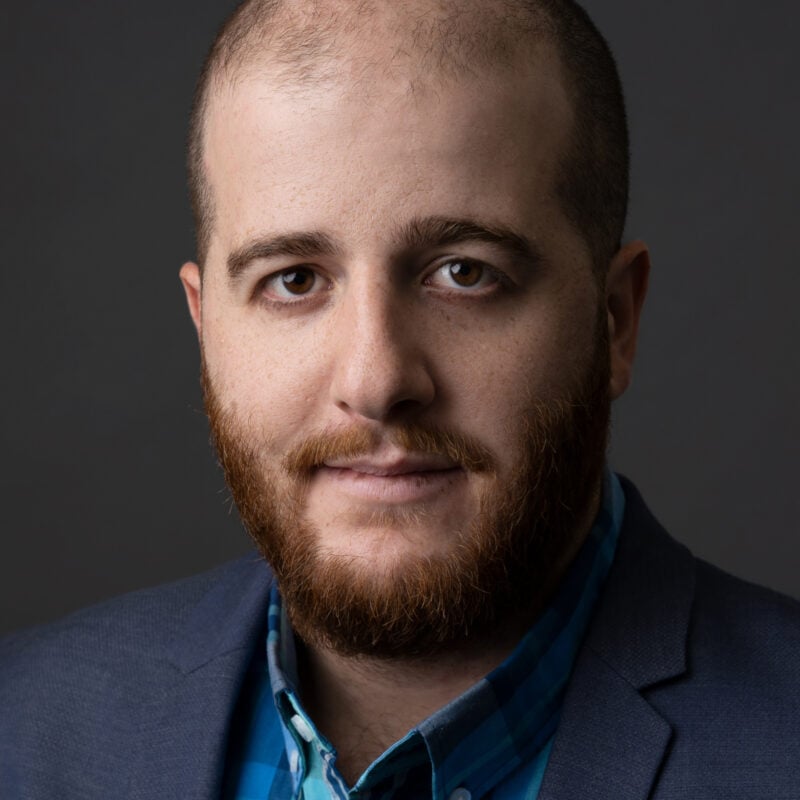
Eli Hager is a reporter covering issues affecting children and teens in the Southwest.
He joined ProPublica from The Marshall Project, where as a staff writer for six years he focused primarily on juvenile justice, family court, foster care, schools and other issues affecting youth. A Pulitzer Prize finalist, two-time Livingston Award finalist and three-time finalist for the Education Writers Association’s national award, his work has appeared in the New York Times, the Washington Post, the Atlantic, the Guardian, New York Magazine, USA Today, NPR and elsewhere.
Hager’s investigation of juvenile justice agencies that bill parents for their children’s incarceration led to the practice being banned in Philadelphia the day after the story published and later statewide in California. His investigation of foster care agencies that pocket Social Security money intended for disabled children led to the practice being banned in both New York City and Los Angeles. After he published a yearlong investigation of deaths, crashes, escapes and abuses on for-profit prisoner transport vans, the Justice Department launched a probe of the industry.
Hager is based in Phoenix.


















